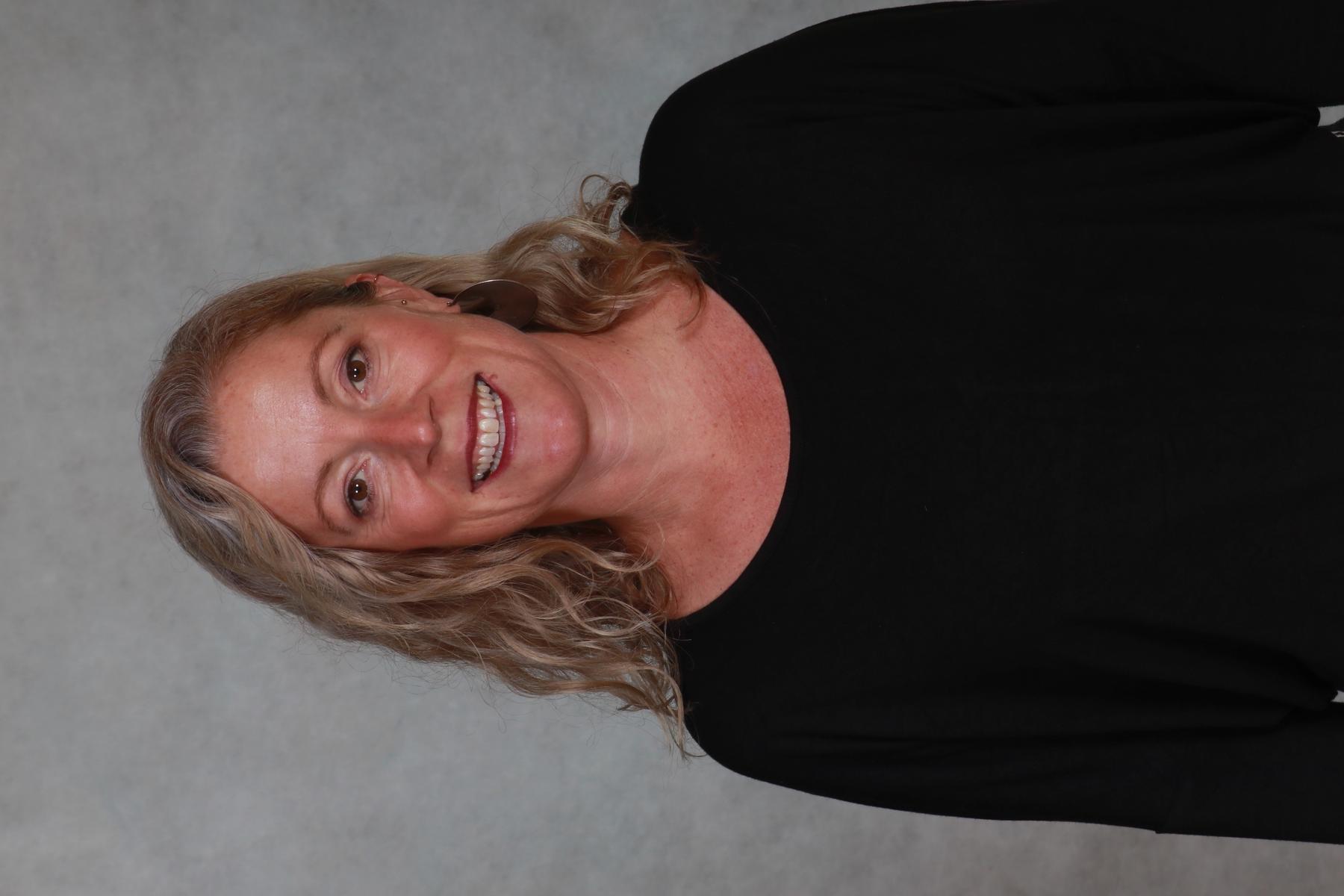Leader of Pedogogy

LOP Message
When I think of terms most popularly used in learning, one word continually rises to the top: Empowerment. In fact, this is a term that is not simply the unique property of Education, it is a trait of the 21st century - a necessary skill of the 21st century human. And it is a skill; for to think of empowerment as ‘given’ (sorry Cambridge University Dictionary) undermines its very essence. Instead, what we need in a successful community of learners, are participants who become stronger and more confident as their ability to take control of their learning increases. For our students, it is an ever-evolving process in which the role of teachers is to identify, create and promote opportunities that foster metacognitive growth. This, of course, can only happen if all stakeholders, teachers, students and parents, work to relinquish those aspects of our traditional understanding of the learning exchange that impede such growth - Authority that silences student voice.
The bricks and mortar of the schools may remain but approaches to learning are diametrically opposed to the systems of past traditions. It has had to. We are now almost twenty years into the 21st century. Twenty years ago, if you were the proud owner of a Nokia 3210, you were ‘cutting edge’ - and one of only 750 million people across the world who owned a mobile phone subscription. Now, in 2019, this figure has exponentially increased to 5,134,170,650 Billion users... and the technology? Well the advancements can only be described as meteoric. So, why then, do we try to hold steadfast to antiquated, disengaging methods of the past in our expectations of the learning exchange in schools?
If we want meaningful and lasting improvement in the academic performance of our students, then we need to involve them directly in the learning process including the assessment of their learning acquisition. An effective opportunity to do this is through student-led parent-teacher conferences. At O’Connor, we have long promoted the participation of students in parent-teacher reporting. It is key here to reflect though...who actually did the majority of the talking? The voice of the student more often than not was an afterthought, if heard at all. We simply can’t expect our students to invest in their learning, if they are not involved in the assessment/evaluation/reflection process.
Student-led parent-teacher conferences encourage students be proactive in their learning experiences. It is their voice that leads discussions around where they are at in their learning, their progress, their social and academic challenges and successes, and how to improve. Together with the parents and teachers, they identify their goals for the next learning period and stategise as to how best they can reach these goals. This kind of open dialogue can be only positive, as it is the student who leads. It’s not possible to ‘give’ this kind of ownership and self-determination...the students need to develop the skills that enhance ownership and self-determination. As O’Connor is a learning community founded on faith, and focused on learning working collaboratively to enhance the learning for all, our students are developing the skills to be empowered people ready to make a difference in our world.
Eli Simpson
Leader of Pedagogy

